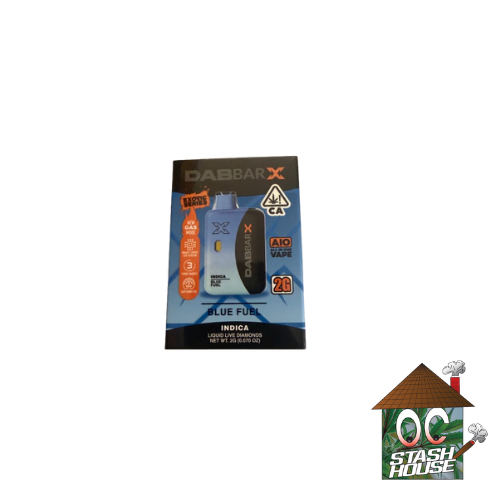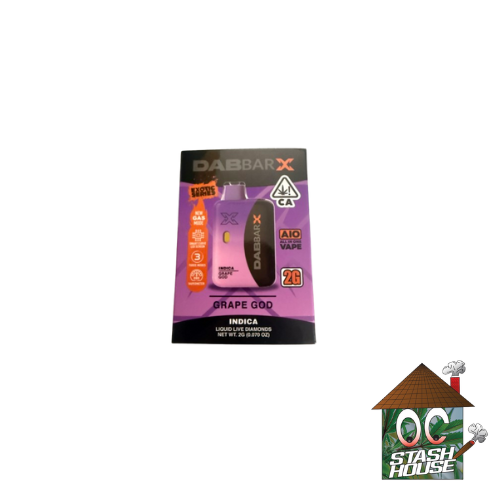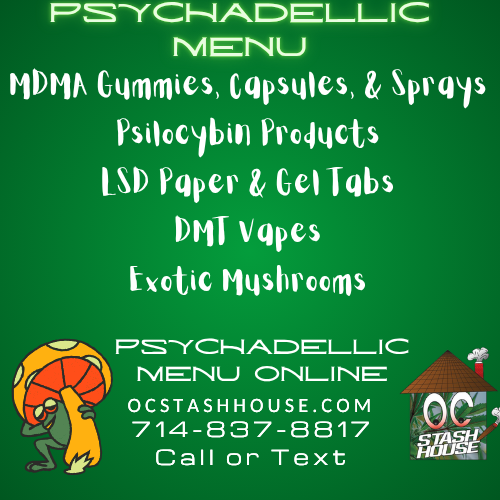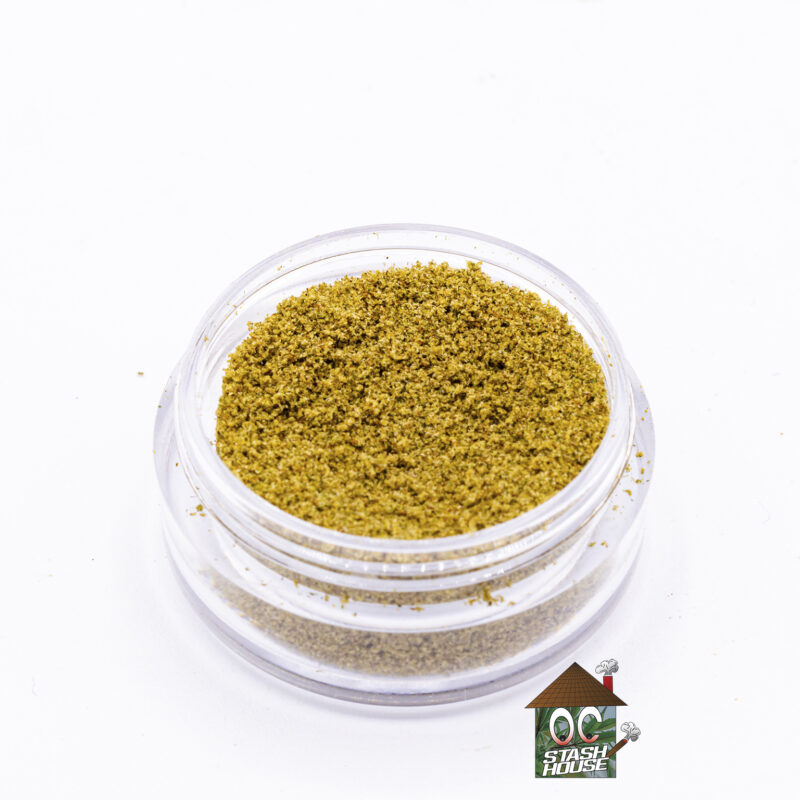First-Time Patients
For verification please text a pic of your ID to 714-443-9121 or email to ocstashhouse@gmail.com + Text or call to let us know you sent it via email!
Welcome to the best delivery service at the oc stash house!
Choose One (1)
Free Eighth of Flower or 1 gram of Nug Run Wax or a gram of Hash.
New Product Arrivals!
Delivery Hours
Top Flowers
-

CHILL SUNDAYS – CLICK FOR DETAILS
-

Jack x Blue Dream (Connoisseur)
$40.00 -

Banana Pie (Ounce Special)
$100.00 -

Biscotti (Ounce Special)
$100.00 -

Blue Cheese (Ounce Special)
$100.00 -

Blue Dream (Ounce Special)
$100.00 -

FYPM Gelonade 28g | 31.91% THC (Ounce Special)
$60.00 -

FYPM Hot Berry 28g | 31.00% THC (Ounce Special)
$60.00 -

FYPM Hot Berry 28g | 32.11% THC (Ounce Special)
$60.00
























